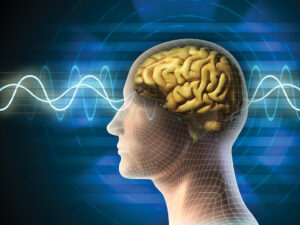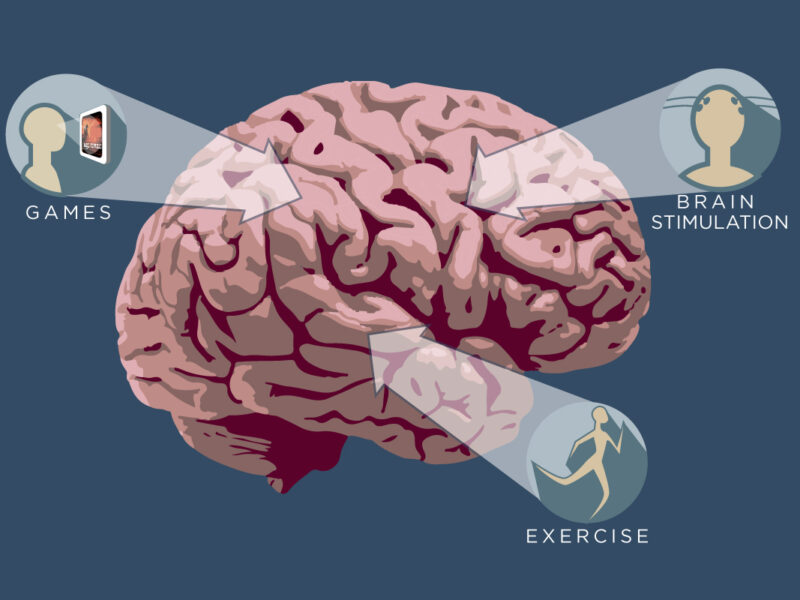As individuals age, cognitive decline becomes increasingly prevalent, leading to changes in memory, attention, processing speed, and executive function. However, research suggests that engaging in cognitive exercise can help mitigate age-related cognitive decline and promote brain health in older adults.
This essay investigates the impact of cognitive exercise on cognitive ageing, examining how participating in mental activities can help older adults maintain cognitive function, delay age-related cognitive decline, and reduce the risk of dementia.
Understanding Cognitive Aging
Cognitive ageing refers to the changes in cognitive abilities that occur as individuals grow older. These changes may include declines in memory, attention, processing speed, and executive function, which can affect daily functioning and quality of life.
While some degree of cognitive decline is considered a normal part of ageing, severe impairments can significantly impact independence and well-being.
The Importance of Cognitive Exercise

Cognitive exercise involves engaging in activities that challenge and stimulate cognitive functions, such as memory, attention, problem-solving, and reasoning. Research suggests that regular participation in cognitive activities can help maintain cognitive function, preserve neural integrity, and promote neuroplasticity, the brain’s ability to adapt and reorganize in response to experience and learning.
Research Evidence on Cognitive Exercise and Aging
Numerous studies have investigated the impact of cognitive exercise on cognitive ageing, consistently demonstrating its benefits for older adults. For example, a longitudinal study by Wilson et al.
(2002) found that engaging in mentally stimulating activities, such as reading, playing games, and participating in social activities, was associated with a reduced risk of cognitive decline and dementia in older adults.
Cognitive Exercise and Brain Health
Cognitive exercise has been shown to promote brain health by stimulating neurogenesis, synaptic growth, and the formation of new neural connections. By challenging cognitive functions such as memory, attention, and problem-solving, cognitive exercise strengthens neural networks and enhances cognitive reserve, the brain’s ability to withstand age-related changes and pathology.
Delaying Age-Related Cognitive Decline
Engaging in cognitive exercise can help delay age-related cognitive decline by preserving cognitive function and reducing the rate of cognitive deterioration over time.
Research suggests that individuals who regularly participate in mentally stimulating activities experience slower cognitive decline and maintain higher levels of cognitive function compared to those who are less mentally active.
Reducing the Risk of Dementia
There is growing evidence to suggest that engaging in cognitive exercise may reduce the risk of dementia and Alzheimer’s disease, the most common form of dementia.
Longitudinal studies have found that older adults who engage in mentally stimulating activities have a lower risk of developing dementia later in life, even after controlling for other factors such as age, education, and health status.
Types of Cognitive Exercise for Older Adults
Cognitive exercise for older adults can take many forms, including reading, puzzles (e.g., crossword puzzles, Sudoku), playing musical instruments, learning new skills or languages, and engaging in intellectually stimulating hobbies (e.g., gardening, painting).
These activities challenge different aspects of cognitive function and can be tailored to individual preferences and abilities.
Incorporating Cognitive Exercise into Daily Life
Encouraging older adults to incorporate cognitive exercise into their daily routines can help promote brain health and cognitive resilience. This may involve participating in structured cognitive training programs, joining social clubs or groups that engage in mentally stimulating activities, or simply pursuing hobbies and interests that require cognitive engagement.
Challenges and Consideration
While cognitive exercise holds promise for promoting cognitive health in older adults, there are challenges and considerations to be aware of. For example, not all cognitive training interventions may be equally effective, and individual differences in cognitive abilities and preferences should be taken into account when designing interventions.
Conclusion
In conclusion, cognitive exercise plays a crucial role in promoting cognitive health and preserving cognitive function in older adults. By engaging in mentally stimulating activities, older adults can delay age-related cognitive decline, reduce the risk of dementia, and maintain independence and quality of life as they age. Encouraging older adults to incorporate cognitive exercise into their daily routines can help promote brain health and enhance overall well-being in later life.
Related Tags
Taiwo Olawuyi
Taiwo Olawuyi is a highly dedicated and passionate professional blogger, renowned for her ability to create captivating, informative, and engaging content in the realm of health and wellness. She holds a Bachelor's degree in Political Science from Olabisi Onabanjo University and a Master's degree in Adult Education from the prestigious University of Ibadan. Her profound passion for health and wellness, coupled with her unwavering dedication to her audience, serves as a constant source of inspiration and enlightenment for readers worldwide.










